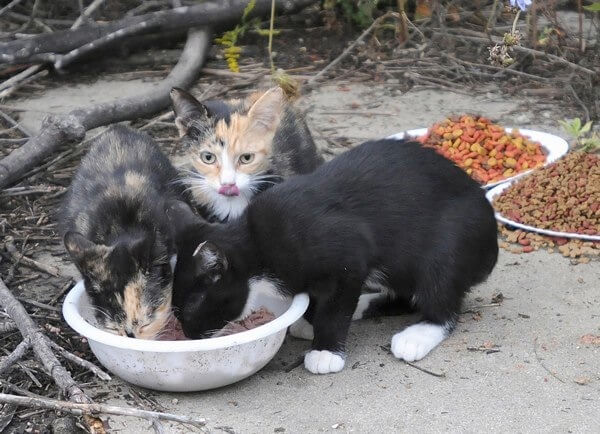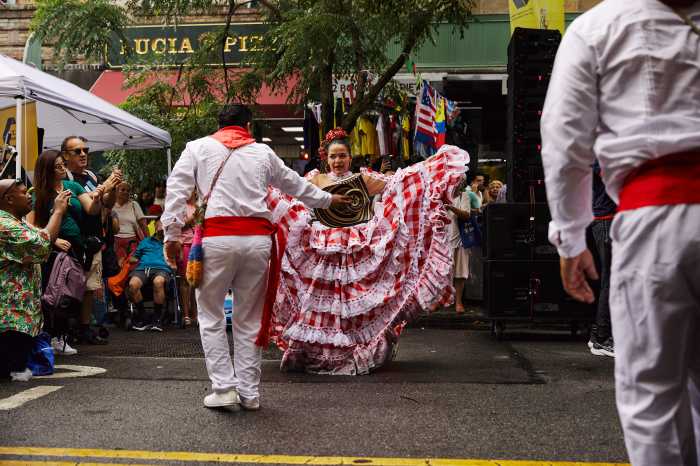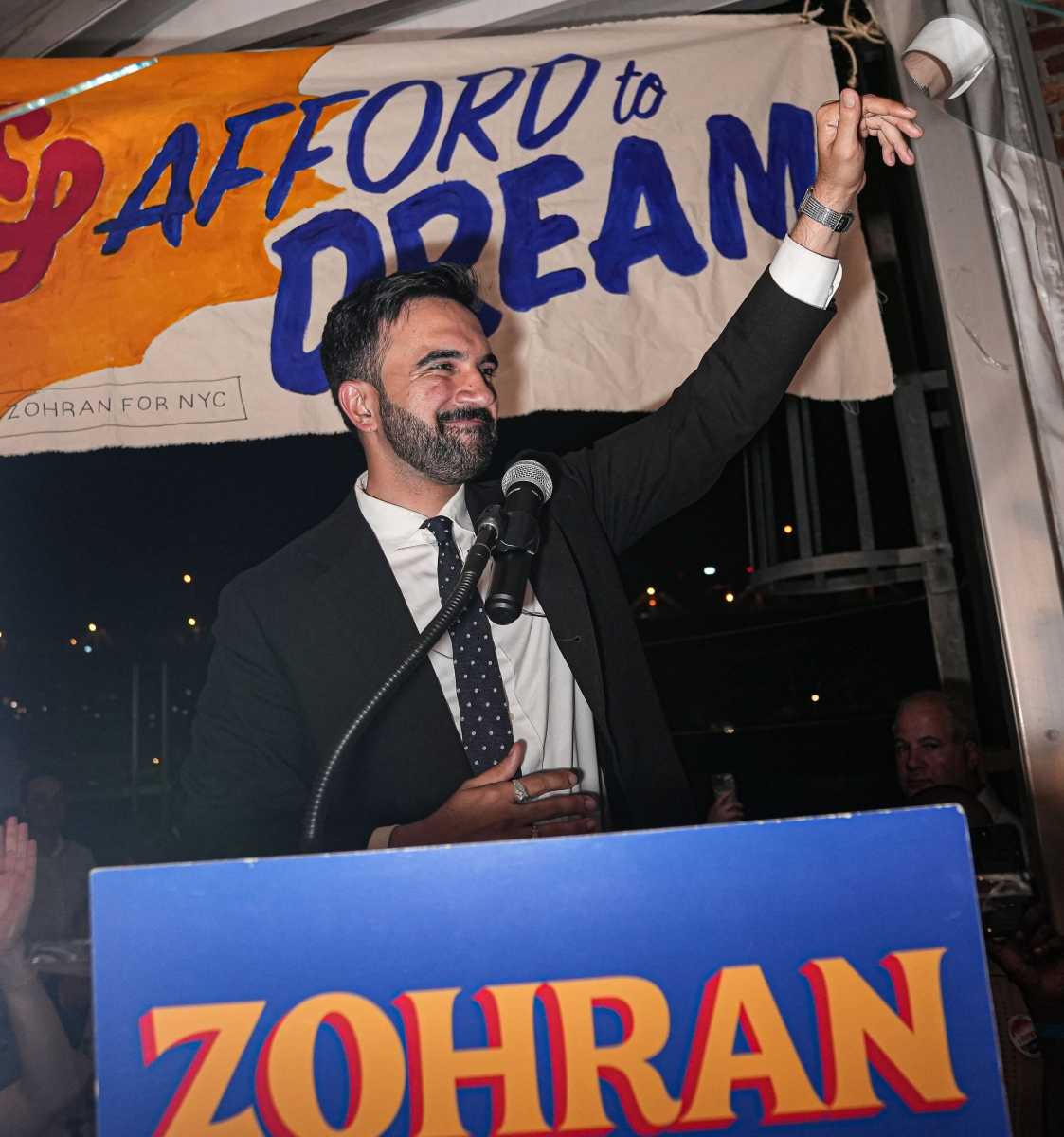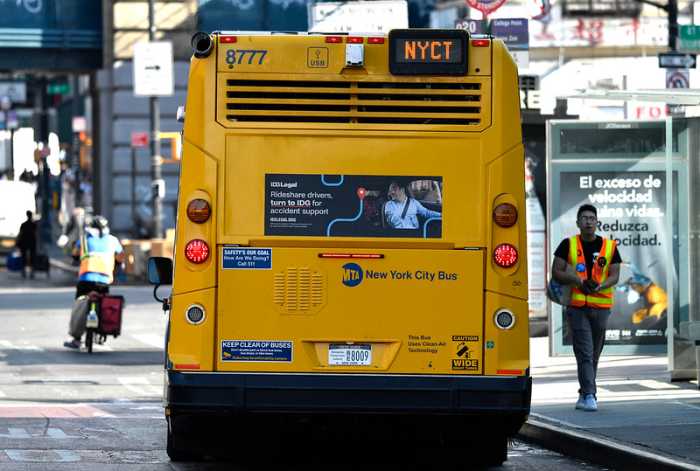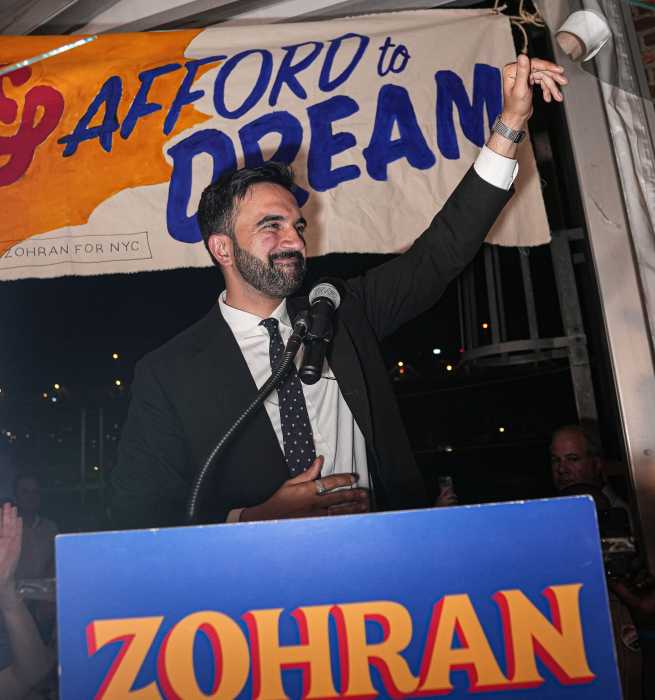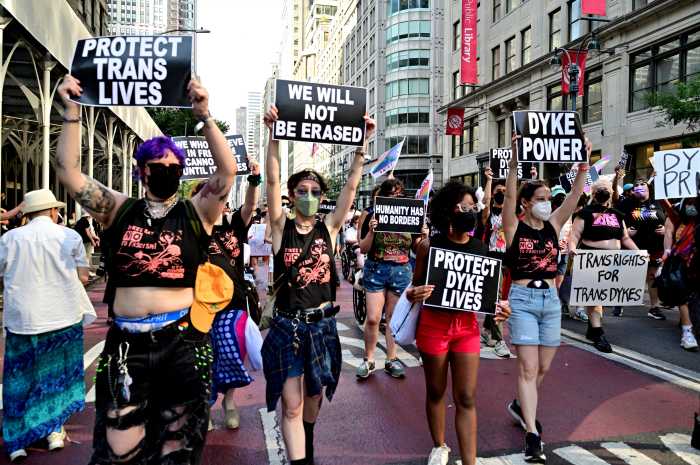By Mark Hallum
Windsor Oaks co-op has backed down after recently attempting to remove a cat colony from their shelters on a wooded variance in the Oakland Gardens community.
Camille Dimasi has lived in the co-op for 22 years and said Windsor Oaks’ co-op board was retaliating against the cats because residents had risen up against the board’s plan to level the 100-foot-wide wooded variance in exchange for a clubhouse, pool and 98 additional parking spaces.
A BSA hearing, however, put an end to plans by the co-op board to develop the land when it upheld the variance from the 1950s and required the co-op board to tidy up the woodland, which had become littered over time. It was not long before Dimasi noticed the cats being evicted from their shelters.
Dimasi said the now ousted co-op president, Ronald Kaye, dismantled the cat homes. “He was throwing them right out of their shelters and smashing them,” she said.
Without the shelters, the cats would freeze, Dimasi claimed.
Dimasi said the colony started about 15 years ago when Windsor Park evicted a family with a woman who owned up to 50 cats. Dimasi began caring for the displaced felines by catching, spaying and neutering them. Shelters went up to keep them warm and today there are about 25 cats on the grounds.
According to the New York Post, the co-op board’s lawyer, Eric Goidel said the destruction of the cat shelters occurred because of a misunderstood order from the BSA demanding the variance be cleaned up.
This order did not apply to the cat shelters, the BSA told the Post. The TimesLedger was unable to independently confirm the BSA order.
The cat colony is under protection from the Mayor’s Alliance for NYC Animals and they are exempt from removal. Dimasi said the cats keep the rodent population under control in the co-op.
Dimasi claimed Kaye had been re-elected as co-op president time after time because of a shareholder who owned up to 400 units and voted for Kaye just as many times.
It was not until shareholders had demanded transparency in the votes, requiring the assistance of a lawyer, that Kaye was removed from the position in December, Dimasi said.
Kaye could not be reached for comment, nor could the current co-op management, but the differences between residents and the former president go back years.
In 2011, the Tenant’s Corporation had secured a loan to build the 5,000-square-foot clubhouse which was refinanced four years in a row without construction moving forward.
The land where the variance is in place is between Bell Boulevard and Springfield Boulevard and as many as 15 homes border the variance.
A Community Board 11 meeting in 2015 heard strong resident opposition to the plan to clear the woodland and the co-op’s application through CB 11 to amend the variance was shot down. The advisory board had previously struck down the proposal to develop the land.
Kaye argued in 2015 that opposition to developing the wooded area would have taken place at any geographic location and the Windsor Oaks variance was in no way special.
“The objection here is simple: ‘not in my backyard.’ But as far as residents of Windsor Oaks are concerned, that land belongs to all shareholders,” Kaye said at the time, according to a story in the Bayside Times. “If this project was proposed for another property, we would have had an entirely different group of residents expressing ‘not in my backyard.’ It isn’t a good enough reason not to have this project go forward.”
Steve Behar, legislative council to Councilman Barry Grodenchik (D-Oakland Gardens), told the Bayside Times in December 2016 the co-op was not giving up its resolve to level the trees standing between the residents and their future amenities.
“Over the years, they’ve cut down the trees, which they weren’t supposed to be doing under the variance, and now they’re asking the BSA to eliminate the variance,” Behar said. “This is a buffer between the cooperative and the homes. These people are up in arms because they bought their homes knowing that there was a variance, that they would be protected from this big co-op. We’ve also received a lot of complaints from people who live in the co-op, but don’t want this either.”
Reach reporter Mark Hallum by e-mail at mhall

